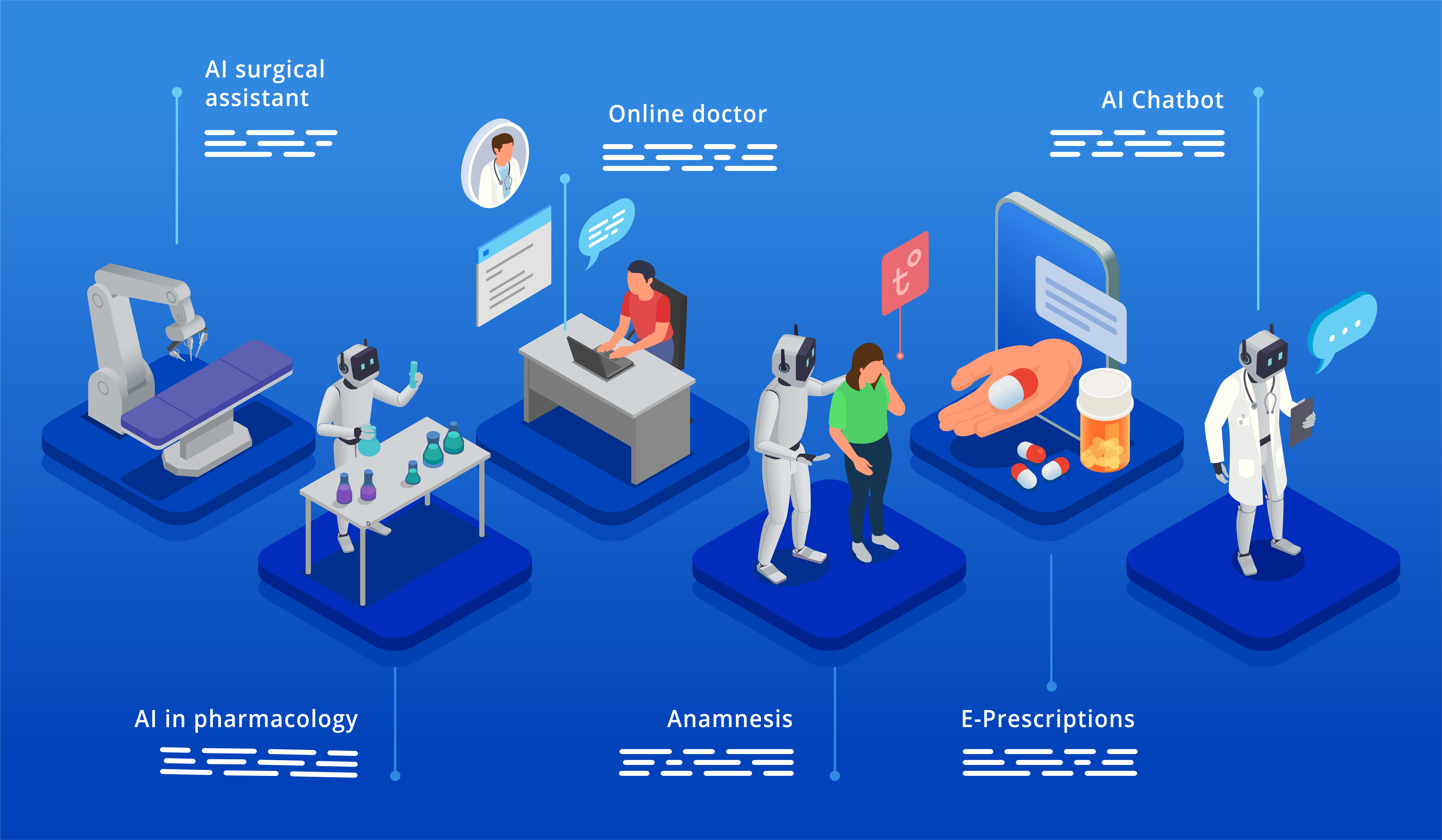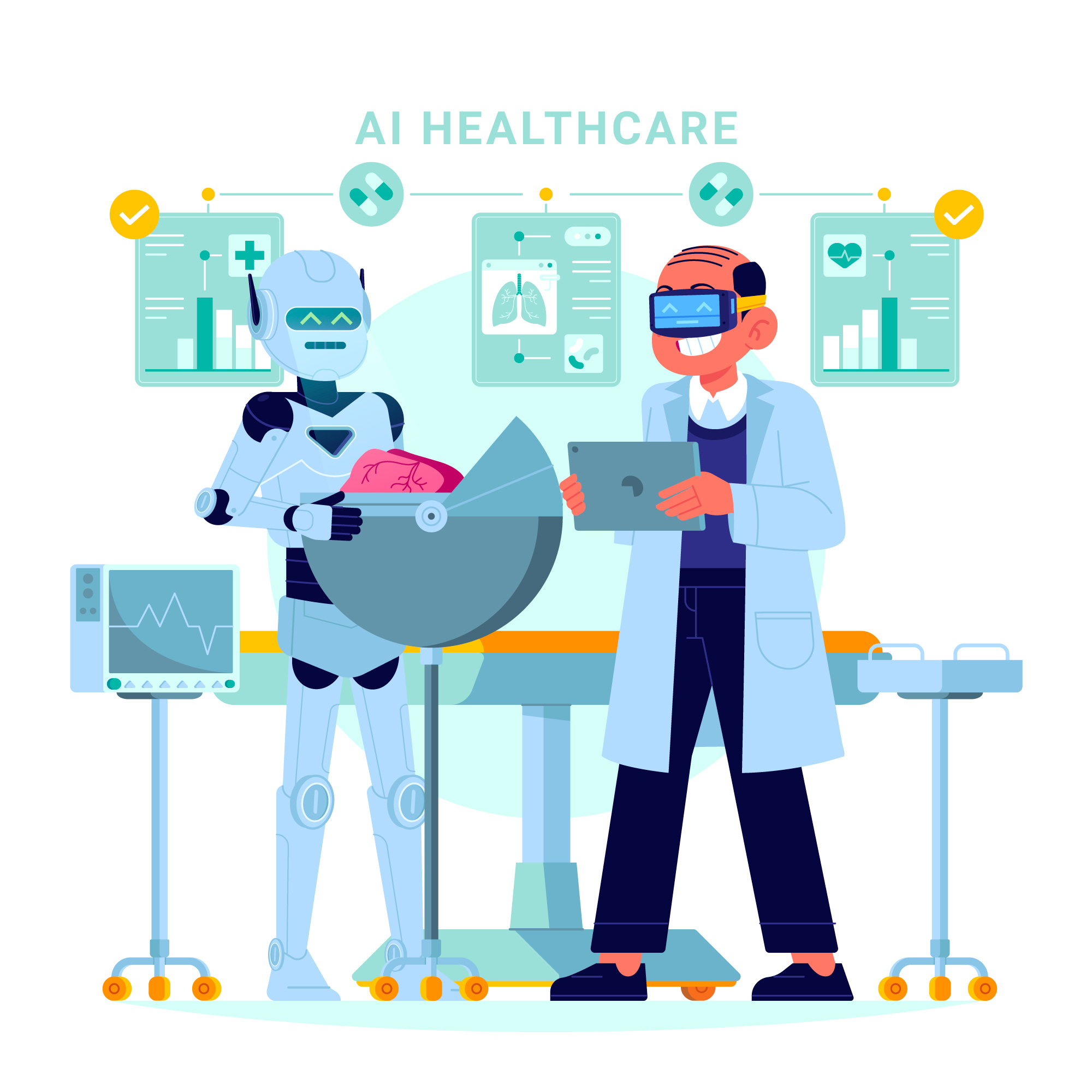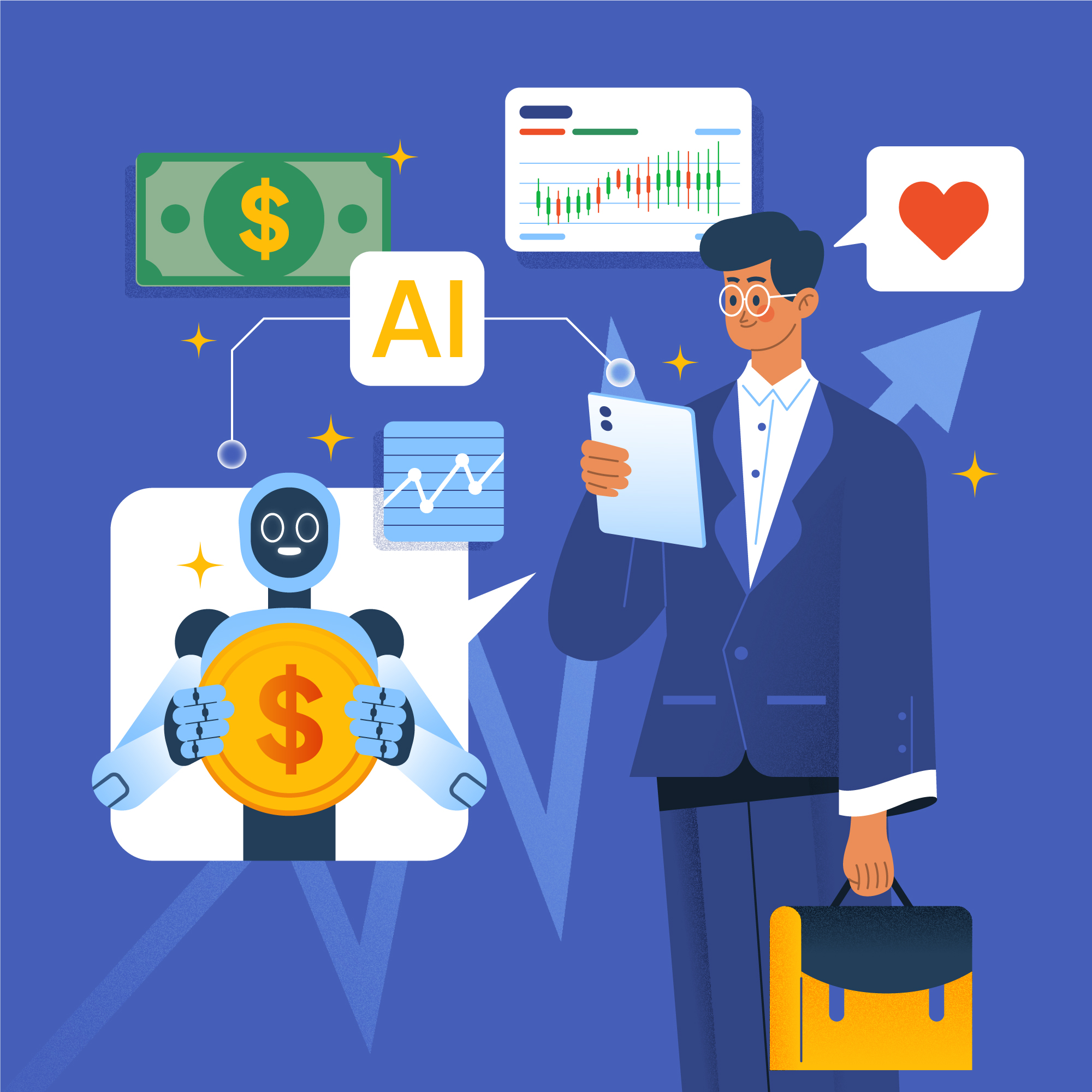Introduction
The idea of using artificial intelligence (AI) in healthcare is not new. Applications of AI were originally used to biomedical issues in the 1970s. From then on, AI-powered apps have grown and changed to revolutionise the healthcare sector by cutting costs, enhancing patient outcomes, and raising general productivity.
How AI Works
It is helpful to comprehend the operation of artificial intelligence prior to discussing how it has evolved in the healthcare industry.
In essence, artificial intelligence (AI) refers to computer models and programmes that mimic human intellect to carry out cognitive tasks like experience gathering and complicated problem solving.
The term "Narrow AI" refers to the majority of modern AI tools, which indicate that the technology may surpass humans in a specific kind of activity. Machine learning algorithms underpin a lot of contemporary strategies. Computers can now learn, carry out tasks, and adapt without the need for human interaction thanks to machine learning.

The Origins of AI in Healthcare
The term "artificial intelligence" was initially used in a 1955 conference proposal from Dartmouth College. However, the use of AI in healthcare did not begin until the early 1970s, when research led to the creation of MYCIN, an AI system that assisted in the diagnosis and treatment of blood infections. The American Association for Artificial Intelligence (now known as the Association for the Advancement of Artificial Intelligence, or AAAI) was established in 1979 because of the ongoing growth of AI research.
In the 1980s and 90s, the development of new artificial intelligence systems contributed to improvements in medicine that included:
1. accelerating the gathering and processing of data
2. supporting more accurate surgical techniques
3. thorough DBA investigation and mapping
4. A more thorough adoption of electronic health records

AI for Utilization Review
Utilisation assessment has long been beset by administrative burden, subjective data, and poor payer-provider connectivity, primarily as a result of a dearth of technology that allowed for access and analysis. According to Michelle Wyatt, Director of Clinical Best Practices at XSOLIS, "a patient's prior medical history wasn't even considered in the utilisation review process until a few years ago."
Michelle claims that as a result, a great deal of intricate patient information was overlooked. Artificial intelligence, like the CORTEX platform from XSOLIS, gives utilisation review nurses the chance to learn more about their patients so that their care may be tailored to each individual situation.In fact, CORTEX was the first technology driven by artificial intelligence designed with the utilisation review process in mind.
How does it operate? To provide UR teams with a continuously updated and predictive view of each patient's clinical picture, the CORTEX platform extracts data from the electronic medical record and applies machine learning (which learns new patterns across millions of patients) and natural language processing (which "reads" written documentation). This makes it possible to prioritise patients, which boosts productivity.
By using CORTEX, UR personnel can give the payer access to a complete clinical picture of the patient, enabling real-time viewing of the same data by both parties. This shared data has contributed to the resolution of the tense relationship that has long afflicted UR.
Across the country, hospitals and health systems are utilising the advantages AI offers, particularly with regard to utilisation review. This kind of transformation is revolutionary, and XSOLIS assists customers in overcoming obstacles such as fear of change, financial issues, or outcome anxieties so they can reap major rewards. According to Michelle, "case managers frequently ask if AI will replace them in the future." "I clarify that artificial intelligence is a tool that enhances our understanding of each patient's holistic nature, but it doesn't take the place of a nurse's or doctor's reviewer's expertise."
CORTEX, an artificial intelligence system, enables UR nurses to automate the labor-intensive manual data collection process. This means they have more time to oversee patient care and apply their clinical knowledge.

Conclusion
It's indisputable that AI will change healthcare. It revolutionises drug research, improves patient care, facilitates diagnosis and prognosis, increases accessibility to healthcare through telemedicine, and expedites administrative processes.
